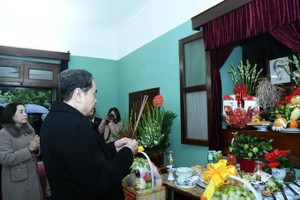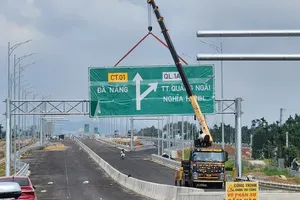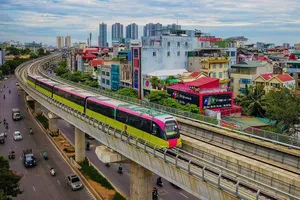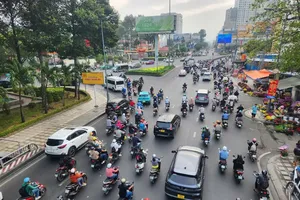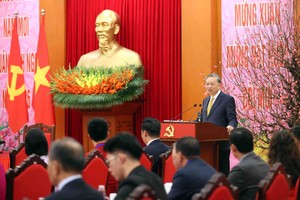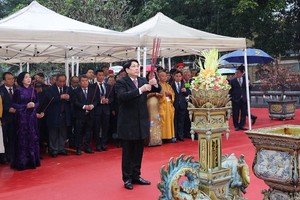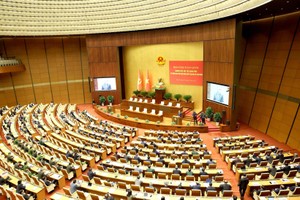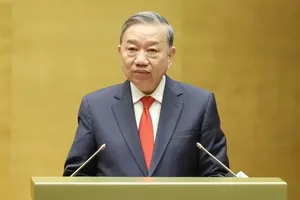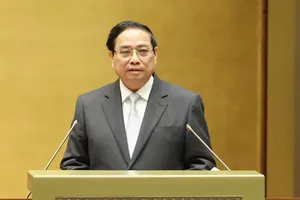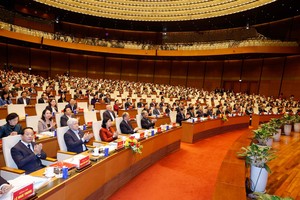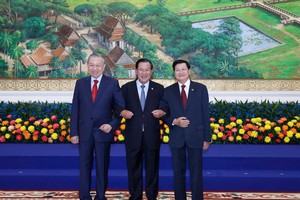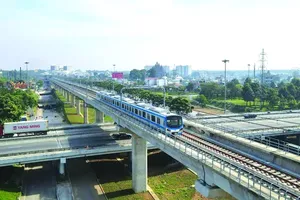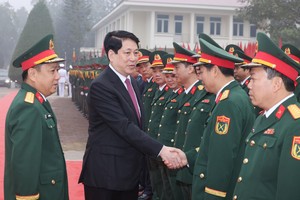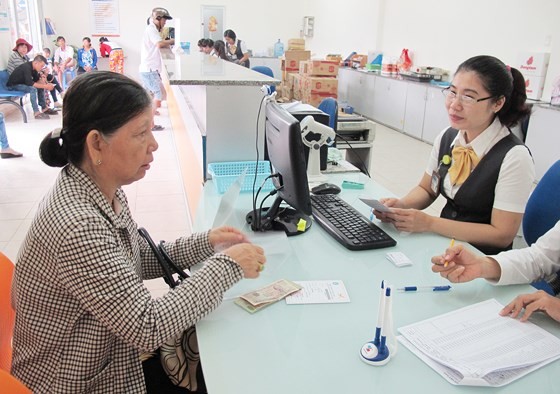
At present, the country has 221,000 voluntary social insurance card holders. The government targets to have more voluntary social insurance participants. Potential groups of the government’s target include 23 million people working in agriculture field and nearly 14 million laborers in the informal sector.
The governmental decree says employers will spend monthly payment in countryside districts ( of around VND700,000) or of the basic salary ( of VNd1.3 million) as a basis for social insurance contribution.
To achieve the goal, from January 1, 2018, voluntary social insurance will receive support from the government as per percentage of month payment of poor households in rural districts.
Local governments will take its own state budget to support people in buying social insurance and the central state budget will help disadvantaged cities and provinces. Moreover, surplus of social insurance fund and other collections will be used to help low-income people buy insurance voluntarily.
However, Mr. Quan said he has no expectation that there will be more people joining the voluntary social insurance program despite the government’s support because there are just around 78.7 million health insurance buyers with the coverage rate of 84.2 percent of the population meanwhile the number of voluntary social insurance buyers is 221,000 accounting for 4 percent of workforce.
The government give full support on buying health insurance yet the result is not as expected meanwhile the government just gives half support to social insurance participants and there exists several barriers such as buyers’ psychology. People do not like a long term of 20 years when participating in insurance, especially residents in countryside districts, freelancers and poor people.
On the other hand, while people buying compulsory insurance of retirement, death gratuity, illness, pregnancy or employment accidents are eligible for short-term and long-term benefit, voluntary social insurance buyers just enjoy long-term benefit. Indeed, laborers take heed to short-term benefit.
Accordingly, in the future, there will be changes in voluntary social insurance to attract more participants.
When it comes to the retirement age for female and male, Mr. Quan said, the average retirement age is about three years lower than the age stipulated by the Vietnam Social Insurance law, a situation seemingly encouraged by current policies that allow a full pension for male and female retirees who have bought social insurance for 30 and 25 years, respectively.
Hence, the policy means that male workers will enjoy a full monthly pension equivalent to 75 percent of their monthly salary while each year they must pay more for insurance while female laborers, they have to pay more five years if they want to enjoy a full monthly pension equivalent to 75 percent .
There is big gap between male and female; therefore, the Ministry of Labor, Invalids and Social Affairs is waiting for the government’s decision on the issue.
There will be a change starting on January 1, 2018 of insurance for foreign laborers. Before, foreign laborers are not eligible for buying social insurance while working in Vietnam but from 2018, they will be allowed to buy insurance to guarantee their benefit.
However, the government will work out policy how to harmonize between laborers’ and enterprises’ benefit to ensure good business environment.
